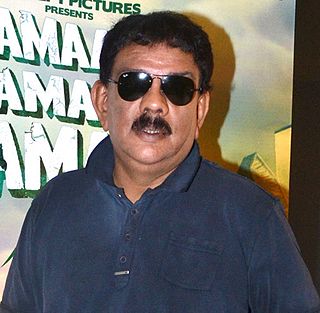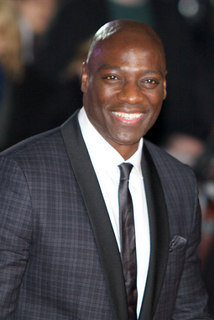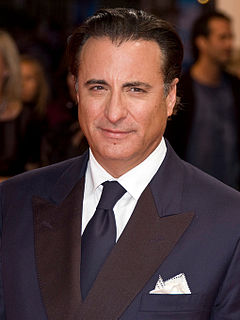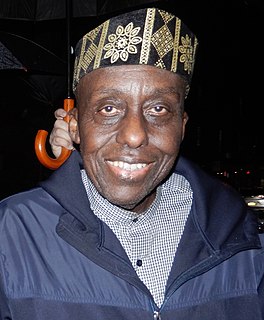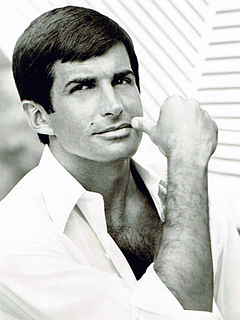A Quote by Brent Spiner
Rent Control was an interesting movie. It was directed by... I had done a couple of plays off Broadway, and this Italian director came, his name was Gian Luigi Polidoro, and he determined I was the person to play the lead in his low-budget comedy. He'd won an award at the Venice Film Festival, and... He was, y'know, a skilled director.
Related Quotes
Gian Luigi Polidoro and his girlfriend had written this script, it was an American comedy, and they decided I was the guy to play the part. I was young, they offered me the lead in the film, and I said, "Sure, I'll do it." And I'm telling you, there is a movie waiting to be made about the making of a movie like that, particularly at that time in New York. I mean, we shot all over the streets of New York without permits. We would literally grab a shot and run. But Rent Control... I think the total cost was $100,000, and to this director's credit, I think it looks like $200,000.
I can tell you one other story about Rent Control. The lead actress in the film, her name was Elizabeth Stack, and it turned out she was Robert Stack's daughter. The only problem with that - and she was lovely - was that she was basically hired because [Gian Luigi Polidoro] thought she was [film producer] Ray Stark's daughter. And he figured that if he ran out of money, her father would kick in some more. I can still remember the day he freaked out when he realized she was actually Robert Stack's daughter. He was just screaming "Untouchables!" over and over.
It is true that I got recognition. But however good the comedies are, nobody will accept a good comedy director as a good director. That is the sad part of it. Nobody knows who directed the 'Laurel and Hardy' movies. They know only Laurel and Hardy. Directors will never get a good name if they direct a comedy film.
I remember in the Carpenter version, you got acquainted with the characters and really knew them. It was a real character piece. Each actor was serviced in the movie, and we tried to do that in this movie as well. I like the fact that there was a European, first-time director. I'd known of him because I'm from Europe. I knew him as a commercial director and thought one of his commercials was great. I thought it was an interesting take on such a big-budget cult classic.
Film’s thought of as a director’s medium because the director creates the end product that appears on the screen. It’s that stupid auteur theory again, that the director is the author of the film. But what does the director shoot-the telephone book? Writers became much more important when sound came in, but they’ve had to put up a valiant fight to get the credit they deserve.
With a director it's all about the work; I'd work with a great director over - you know, I'm not the kind of actor who that doesn't go, 'I want to play this role.' It's more like, 'I want to work with this director,' regardless of what the role is because if it's a good director, you'll probably find a good role because it's a decent film. But a mediocre director will always make a mediocre movie.
I found a movie called “Light in the Piazza.” I finally made the movie with Olivia de Havilland and myself, but initially there was no way I could make that movie, so I went to work on becoming that character. They told me they had an Italian [actor], and I said, “That’s a Cuban boy!” His name was Tomas Milan. I thought that’s the craziest thing I’d ever heard: They have a Cuban who’s going to play an Italian, and I can’t play it because I’m an American.
Me and Kirby are very collaborative and it changes from film to film. The first project we worked on together, Derrida, we co-directed. The last film Outrage, I was the producer and he was the director. This film was much more of a collaboration - he is the director and I am the producer - but this is a film by both of us.



